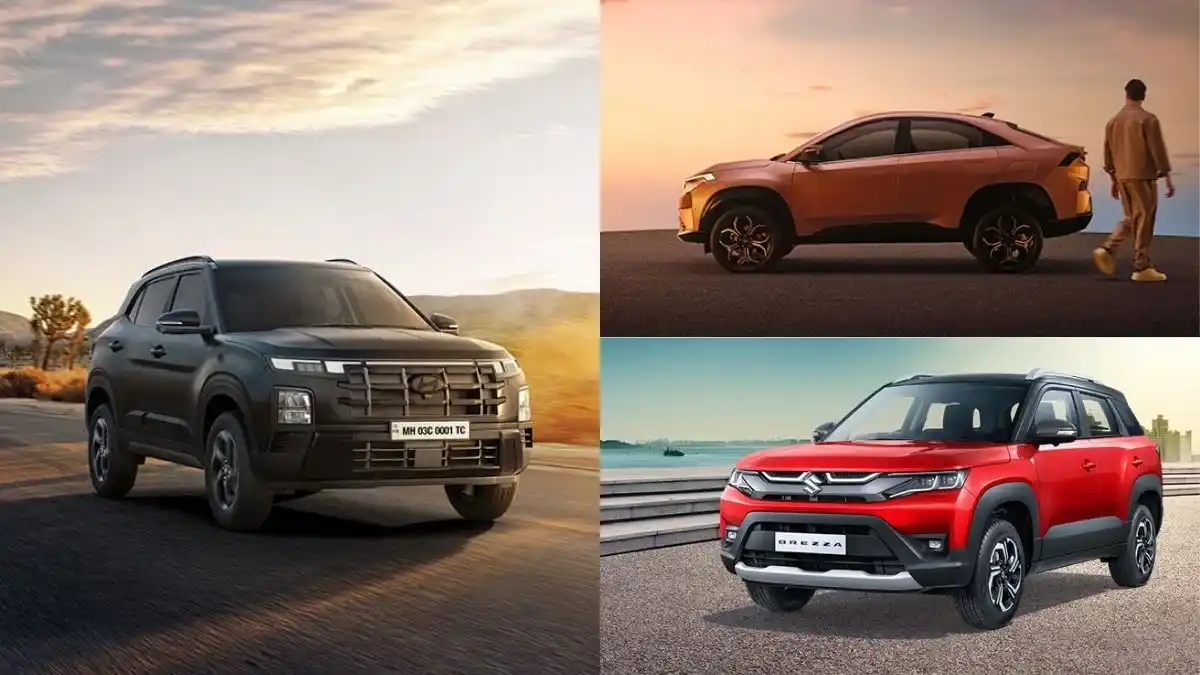The Indian automobile industry has entered a new phase with the implementation of GST 2.0, and its impact is already visible across leading car brands. Companies like Maruti Suzuki, Hyundai, and Tata Motors have seen a sudden boost in sales after the new tax structure. The updated GST 2.0 is brought to make vehicles more affordable, giving buyers an extra reason to step into showrooms.
The GST 2.0 Impact on Car Sales
The launch of GST 2.0 has brought immediate results for automakers, especially in terms of sales. The reduced effective tax rates have lowered prices across several models, making cars more attractive to buyers. This one-day sales figure highlights the strong demand generated by the GST 2.0 effect across India.
Maruti Suzuki
Maruti Suzuki is India’s largest car manufacturer known for its affordable, fuel-efficient, and reliable cars, Maruti Suzuki continues to dominate the passenger car market. With a strong service network and trusted models like Swift, Baleno, and Brezza etc. the brand is often the first choice for middle-class families.
Maruti Suzuki reported sales of 30,000 cars on 22nd September 2025. This surge shows how price-sensitive customers responded positively to the revised GST, boosting the brand’s already strong market presence.
Also read: Mahindra XUV 3XO GST Rate Here is the Full List
Hyundai
Hyundai has built its reputation in India by offering stylish cars packed with modern features at competitive prices. Models like the i20, Creta, and Venue are among the top-selling vehicles in their segments. Hyundai focuses on design, technology, and safety, which makes it a strong competitor in the Indian market.
Hyundai managed to sell 11,000 cars on the same day, reflecting customer interest in stylish and feature-loaded models at a more affordable cost.
Tata Motors
Tata Motors has transformed its image in recent years with safe, robust, and stylish vehicles. Cars like Nexon, Punch, and Harrier etc. it built up its position in the SUV and hatchback segments. Tata is also a pioneer in electric vehicles in India, showing its commitment to sustainable mobility.
Tata Motors recorded sales of 10,000 cars, showcasing that even premium and SUV buyers are actively taking advantage of the GST 2.0 price benefits.
Conclusion
The GST 2.0 effect on Maruti Suzuki, Hyundai, and Tata Motors proves that the new tax structure has created an immediate positive impact. With Maruti Suzuki selling 30,000 cars, Hyundai 11,000 cars, and Tata Motors 10,000 cars in a single day, the Indian car market has gained fresh momentum. Going forward, this move is expected to make cars more accessible, increase customer confidence, and push automakers to deliver even more value-driven models.
For the buyers, this is the right time to consider a new purchase, as the GST 2.0 effect ensures affordability without compromising on quality, style, or technology.
